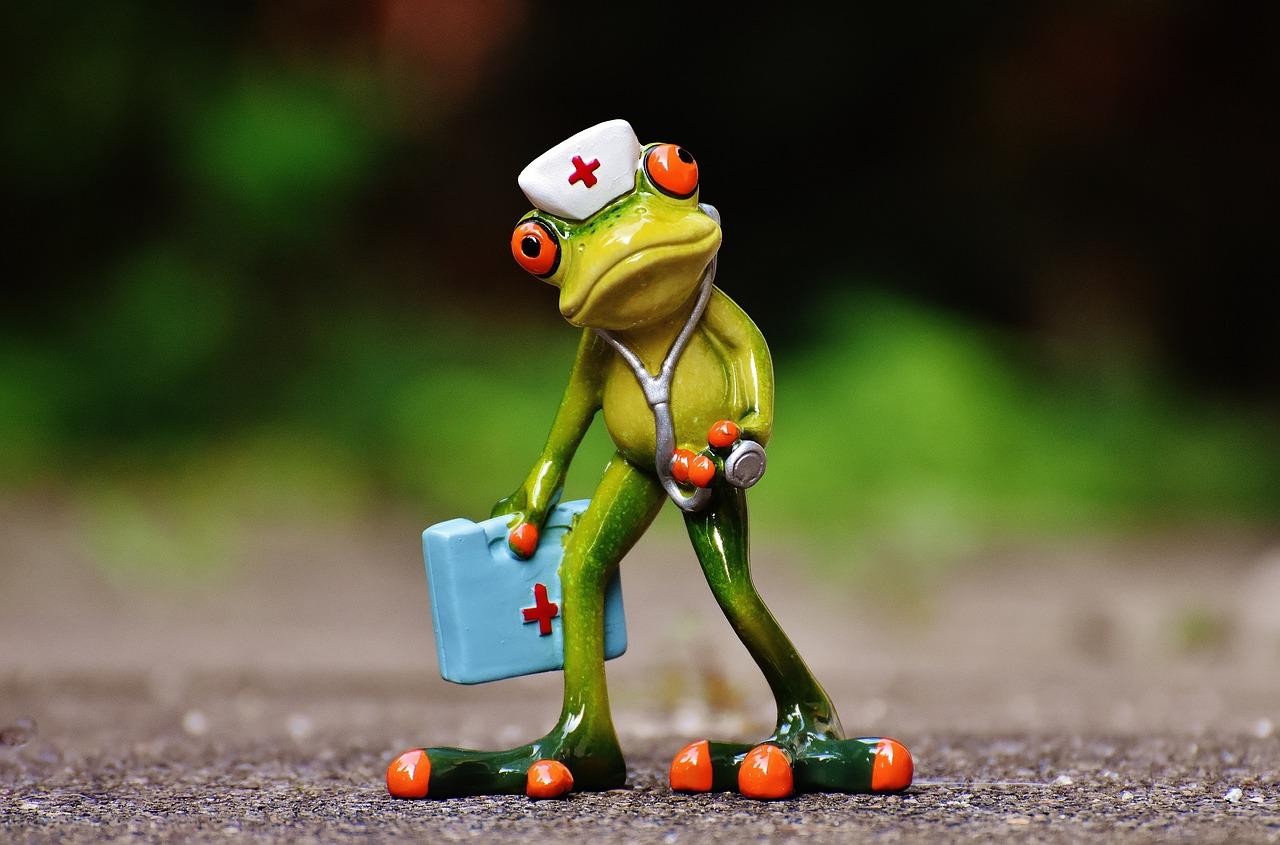Sri Lanka is a beautiful destination that attracts numerous tourists every year. To make your stay safe and healthy, you should follow some safety and health advice. In this article, you will find practical tips and information to help you enjoy your trip to Sri Lanka to the fullest.
Table of contents
Safety tips

- Travel to remote areas: Do not travel alone to remote areas. It is safer to travel in groups or with an experienced guide.
- Protect your valuables: Always be aware of your valuables and carry them with you at all times. Use hotel safes to keep important documents and items safe.
- Walking at night in unlit areas: Avoid walking in unlit areas at night to ensure your safety.
- Behavior at Demonstrations and Protests: Exercise caution at demonstrations and protests, as they can quickly turn violent. Avoid such events if possible.
- Heed notices and warnings: Check local media and authorities for current safety advisories and warnings to avoid potential hazards.
Health precautions
- Drinking water: Drink only bottled or boiled water and avoid tap water to reduce the risk of gastrointestinal illness.
- Food: Eat only cooked or fried foods and avoid raw or semi-cooked meat and fish to prevent infections.
- Handling ice cubes and unwashed fruits/vegetables: avoid ice cubes in drinks and unwashed fruits and vegetables to minimize the risk of infection.
- Protection from mosquitoes and insects: Protection from mosquitoes and insects: Protect yourself from mosquitoes and other insects by wearing long clothing and applying insect repellent. This reduces the risk of insect-borne diseases, such as dengue fever and possibly malaria or Japanese encephalitis.
- Consult a doctor before traveling: discuss your travel plans with your doctor to ensure you have received all necessary vaccinations and are well prepared health-wise.
Vaccinations and first-aid kit
- Recommended Vaccinations: Sri Lanka has a number of tropical diseases that should be vaccinated against, including Hepatitis A and B, Typhoid, Tetanus, Diphtheria, Polio and possibly Japanese Encephalitis. For longer stays and depending on your personal risk profile, additional vaccinations such as cholera, influenza, pertussis, measles, pneumococcal and rabies may be recommended.
- Assembling a first-aid kit: Assemble a first-aid kit with painkillers, diarrhea medication, possible antimalarial drugs and bandages to be well prepared in case of emergency.
- Emergency care in Sri Lanka: In case of emergency, you can contact local hospitals and clinics. It is helpful to note the addresses and phone numbers of the nearest medical facilities before you begin your trip.
Summary and conclusion
A well-planned and informed trip to Sri Lanka will allow you to experience this beautiful country and its fascinating culture in a safe and healthy manner. By following the safety and health advice described in this article, you can minimize potential risks and enjoy your trip to the fullest. We wish you an unforgettable stay in Sri Lanka!
